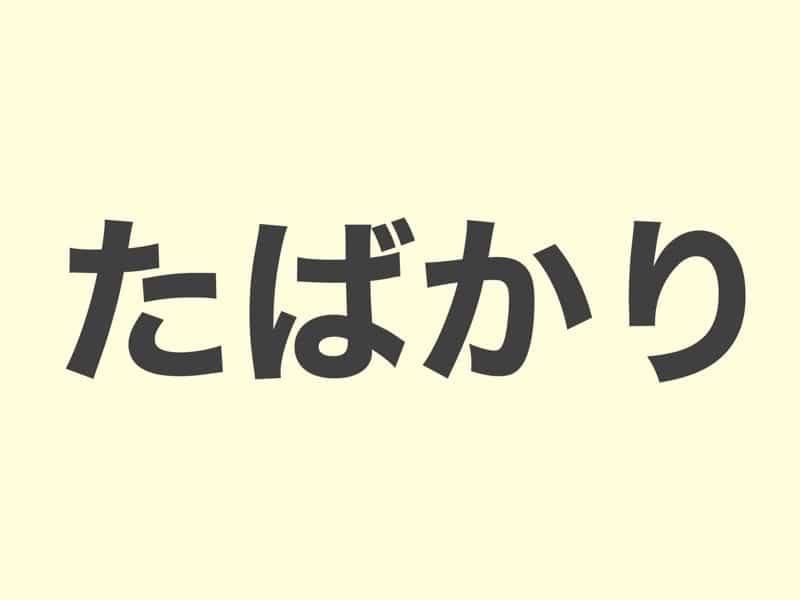説明 (Explanation)
文法(Grammar):た形+ばかり (ta form+bakari)
意味 (Meaning):ある行動が最近完了したことや、何かがちょうど今起こったことを示すために使われます。
英語(English):The expression 〜たばかり (ta bakari) is used to indicate that an action has just been completed or that something has just happened recently.
例文 (Examples)
Just now
- 今起きたばかりです。
- さっきうちに帰ったばかりです。
- ご飯を食べたばかりです。
Recently
- 半年前日本に来たばかりです。
- 3月に大学を卒業したばかりです。
- 今年結婚したばかりです。
ひらなが (Hiragana)
Just now
- いまおきたばかりです。
- さっきうちにかえったばかりです。
- ごはんをたべたばかりです。
Recently
- はんとしまえにほんにきたばかりです。
- さんがつにだいがくをそつぎょうしたばかりです。
- ことしけっこんしたばかりです。
Romaji
Just now
- Ima okita bakari desu.
- Sakki uchi ni kaetta bakari desu.
- Gohan o tabeta bakari desu.
Recently
- Hantoshi mae ni Nihon ni kita bakari desu.
- San gatsu ni daigaku o sotsugyou shita bakari desu.
- Kotoshi kekkon shita bakari desu.
英語翻訳 (English Translation)
- I just woke up.
- I just got home a little while ago.
- I just ate.
- I came to Japan just six months ago.
- I just graduated from university in March.
- I just got married this year.





コメント